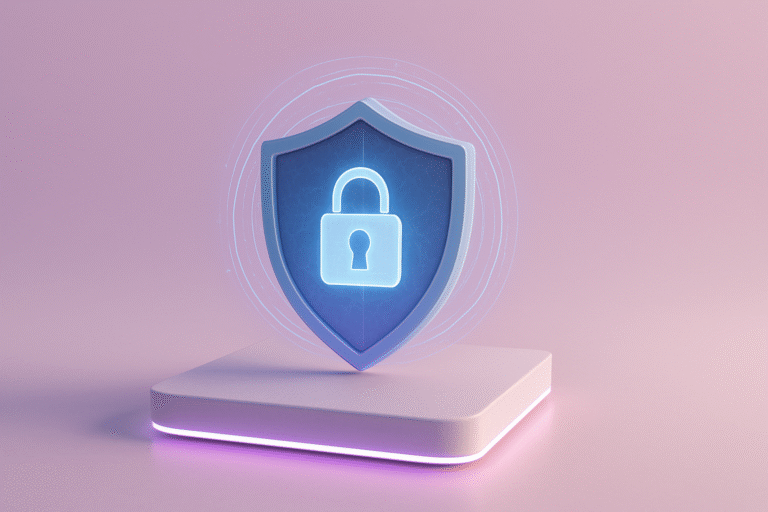The interview is a fundamental step on the path to your next professional challenge. Whether face-to-face or virtual, this meeting is a unique opportunity to highlight your skills, experience, and personality while learning more about the company and the position you seek. In this article, we offer a complete guide to all aspects of the interview process, from preparation to follow-up, with practical and strategic tips to ensure your success.

Before the interview
- Thorough research: Spend time thoroughly researching the company. Explore their website, study their track record, values and culture. Use resources such as LinkedIn, Glassdoor, and Vault for additional information, including employee reviews and details about the work culture. The more information you have, the better prepared you will be to highlight your interest and affinity for the company during the interview.
- Practice with a mock: Don’t underestimate the power of practice. Conduct a mock interview with a friend, mentor, or even in front of a mirror. Practice your answers to typical questions and work on your body language and tone. This preparation will give you confidence and help you improve your performance during the actual interview.
- Dress appropriately: Choose professional attire that reflects the company’s culture and work environment. Remember that first impressions count for a lot, so make sure you present a professional and neat image.
- Prepare relevant questions: Develop a list of interesting questions to ask the interviewer. These questions will show your interest in the company and the position, as well as your desire to contribute in a relevant way. On the other hand, avoid asking questions that can be easily answered on the company’s website, and instead try to delve into specific aspects of the company’s culture, growth opportunities, and expectations for the position.
During the interview
- Project confidence and professionalism: When you walk in the door or connect to the video call, project confidence in your abilities. Make eye contact, smile, and greet with a firm handshake. During the interview, listen carefully to questions and answer clearly and coherently, using specific examples from your experience whenever possible.
- Be punctual and courteous: Arrive on time for your interview, whether it is face-to-face or virtual. If it is an in-person interview, plan your route in advance and allow for possible delays. If it is virtual, make sure you are ready and connected on time. In both cases, be courteous and respectful to everyone you meet.
- Adapt your strategy: Although the basic principles apply to any type of process, it is important to adjust your strategy. For example, in a virtual interview, pay special attention to your surroundings, the quality of your Internet connection, and make eye contact with the camera. In a multi-person interview, it is important to practice effective communication skills and address each member as you answer questions.
After the interview
- Follow up appropriately: Within a few days of the interview, send a message to the interviewer expressing your appreciation for the opportunity and reiterating your interest in the position and the company. Use this time to highlight specific aspects of the interview that excited you and to reiterate your suitability for the positio
- Keep the people involved in the process informed: If you have been contacted by a recruiter, it is important to maintain constant and fluid communication. This will allow the professional who contacted you to keep a detailed record of your experience and to help answer any questions or doubts that may arise later. In addition, the recruiter’s role is of great help, not only to know the company’s impressions of you, but also as an essential intermediary in negotiating certain aspects.
How to act on a job offer
If the company makes you an offer after the interview, don’t assume it’s a done deal. Here are some tips to keep the company from reconsidering and rescinding the offer:
- Remember that you are still being evaluated: First, remember that your evaluation continues even after you accept the offer. The way you communicate and interact is still being closely watched.
- Don’t neglect communication: In terms of communication, it is acceptable to ask for time to consider the offer, but avoid taking too long. Delaying a response, even if you don’t mean to, can be interpreted as a lack of enthusiasm and commitment. If the ball is in your court, respond within 24 hours. If you need more time, send a short, professional note explaining why.
- Don’t ask for an exorbitant salary: In salary negotiations, it is expected that you will want to improve on the initial offer, but make sure that your request does not exceed 30%. Asking for a 10% to 20% increase is considered reasonable and within what is considered realistic. It is important that you understand the level and responsibilities of the position you are seeking within the company in order to adequately justify your request.
Conclusion
In short, a successful interview requires a combination of preparation, confidence, and communication skills. From thorough research to follow-up, every step of the process is critical to highlighting your skills and making sure you fit into the company culture.
On the other hand, remember that every interview is an opportunity to put your best foot forward and demonstrate your interest in the position and the company. By following this guide, you will be better equipped to approach each process with confidence and ensure your professional success.
Good luck with your next interview!
Resources:
[1] Forbes: How to prepare for a job interview
[2] Goucher College: Preparing for an interview.pdf
[3] CNBC: Ex-Google recruiter says these ‘shocking’ job interview mistakes made him rescind offers
As leaders in IT and tech recruitment in Spain, the UK, the USA, and Andorra, Block&Capital is dedicated to connecting top IT talent with innovative organizations. Together, we build lasting success and growth. Whether you’re a company looking for IT talent or a professional seeking new opportunities, contact us today and let’s talk.
Last posts





